STORY PHYSICS. Copyright 2013 by Larry Brooks. All rights reserved. No other part of this book may be reproduced in any form or by any electronic or mechanical means including information storage and retrieval systems without permission in writing from the publisher, except by a reviewer, who may quote brief passages in a review. Published by Writers Digest Books, an imprint of F+W Media, Inc., 10151 Carver Road, Suite #200, Blue Ash, Ohio 45242. (800) 289-0963. First edition.
For more resources for writers, visit www.writersdigest.com/books.
eISBN: 978-1-59963-695-5
This e-book edition: June 2013 (v.ep.1.0)
Edited by Rachel Randall
Print edition designed by Terri Woesner, adapted by Claudean Wheeler
Production coordinated by Debbie Thomas
DEDICATION
For Laura, the co-author and Senior Executive Editor of my life.
ACKNOWLEDGMENTS
I would like to thank the many people who have helped make this book possible, especially Andrea Hurst, my agent, and Rachel Randall, my eagle-eyed editor at Writers Digest Books. Also, my many talented writer friends, who have kept me focused and positive in the midst of the eternal debate about how to write stories: Martha Miller, Sue Bronson, Mary Andonian, and over 6000 Storyfix.com readers who never let me forget that this stuff works. And, of course, my family, especially my wife, Laura, my son, Nelson, and the clan Mattern, for your love and unconditional support when the story isnt working.
ABOUT THE AUTHOR
Larry Brooks is the best-selling author of six novels, all psychological thrillers. His latest novel, Deadly Faux, is being published by Turner Publishing in October 2013, concurrent with the re-release of his five previous titles, including the USA Today bestseller Darkness Bound, and Bait and Switch, a Best Books of 2004 selection by Publishers Weekly. He is the author of Story Engineering: Mastering the Six Core Competencies of Successful Storytelling (2011, Writers Digest Books), winner of the 2011 Next Generation Indie Awards in the Nonfiction Book category, and the creator of Storyfix.com, named one of the 101 Best Websites for Writers by Writers Digest magazine. He lives with his wife, Laura, in Scottsdale, Arizona, and is currently working on his next novel and some nonfiction projects.
TABLE OF CONTENTS

PART ONE:
May the Story Forces Be With You

PART TWO:
The Optimization of Story Physics

PART THREE:
The Power of Process

PART FOUR:
Story Physics in the Real Writing World
INTRODUCTION
In my many years as a writer, writing teacher, and blogger, Ive never run into anybody who claims to know everything there is to know about storytelling. And Im the first to say, often joining a chorus, that I dont either.
I offer this admission not so much from a position of humilitysomething of which I am rarely accusedbut as a morsel of wisdom gleaned alongside more than a few missteps, the vast sum of which keep my occasionally misinterpreted ego (its passion, actually; Ive been too humbled by this business to allow my ego to get out of whack) in significant check. The more you know, the more you realize how complex and deep the craft of writing can be at a commercial level, and that many of the choices we must make in our stories are imprecise and a matter of degree. Stories are like people: Despite the fact that we are made of the same stuff and display the same moving parts, no two of us are completely alike, nor are any two writers exactly alike in their approaches. In both cases, the interior landscape creates something unique and compelling. Therefore, in counseling process, each writers preferences and idiosyncrasies need to be regarded, evaluated, and appreciated separately.
That said, regardless of the differences, certain universal and fundamental storytelling principles and physics do apply. Almost without exception.
Physics are everywhere. They influence everything, literally and literately. Like a flowing river or the inherent power dwelling within an atom, they can be used to our advantage. Or, as is too often the case, they can be minimized or completely disregarded, which usually doesnt turn out so well. Either way, they cant be eliminated from any serious analysis of what makes things work.
For example, the force of gravityIm being literal herereigns supreme in all things, in all places, for all time. It doesnt matter where you are or what belief system prevails what goes up must come down, and if you get in the way of a falling object you better have a catchers mitt or a helmet. Other forces, both physical and relational, are equally as nonnegotiable, yet just as manageable as gravity: The power of love, the consequences of discipline and control, the influences of attention and apathy, parenting skills, the grace of charity, and the defining natures of fear, cowardice, and courage. These are forces of human dynamics that define both the principles and the outcomes of successful relationships and communities. They are every bit as constant and reliable, if not as precise, as the physical forces that rule our existence. Any psychological, sociological, or political viewwhich is the context of pretty much everything we writemust embrace these dynamics and honor their contexts in order to plow new ground or be even remotely effective.
The literary forcesI like to think of them as physics, in the same context as gravitycannot be minimized or ignored. If you do ignore them, either on purpose or inadvertently, consequences ensue. Scary stuff. As in, the story wont work very well. But, as with other natural forces, they can also be harnessed and applied toward achieving a desired outcome. These literary physics are the engine and the wings of storytelling. Glide mode doesnt work very well in our trade; sooner or later the story will fall out of the sky before it reaches a landing strip.
And if it has no intended destination, thats the biggest mistake of all.
Some writers develop stories in a complete vacuum, in context to nothingno principles, no expectations. They just sit down and spill it onto the page. (Ive seen writing teachers who advocate this as a process, but they need to add that once spilled, you need to do a lot of cleaning up.) They then wonder why it doesnt work, and why it takes so long before it does.





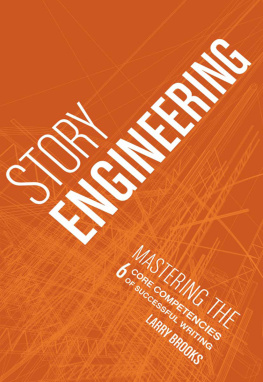



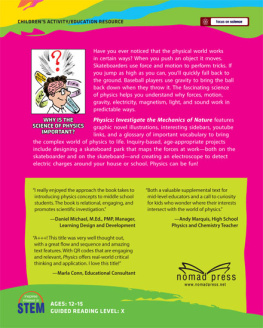
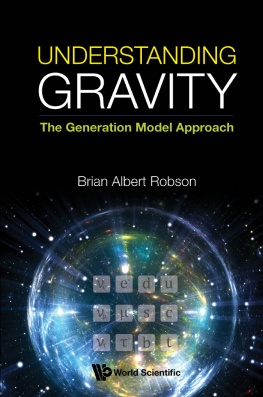
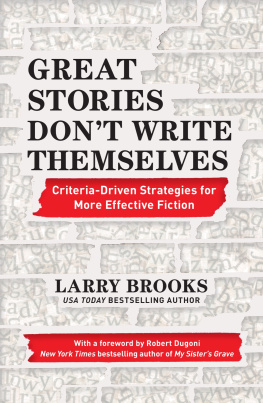

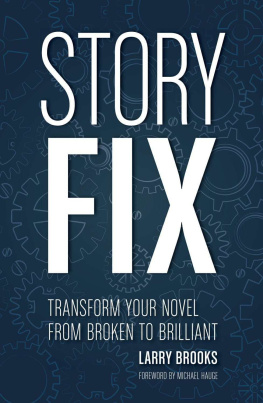
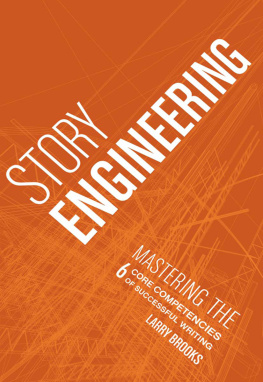


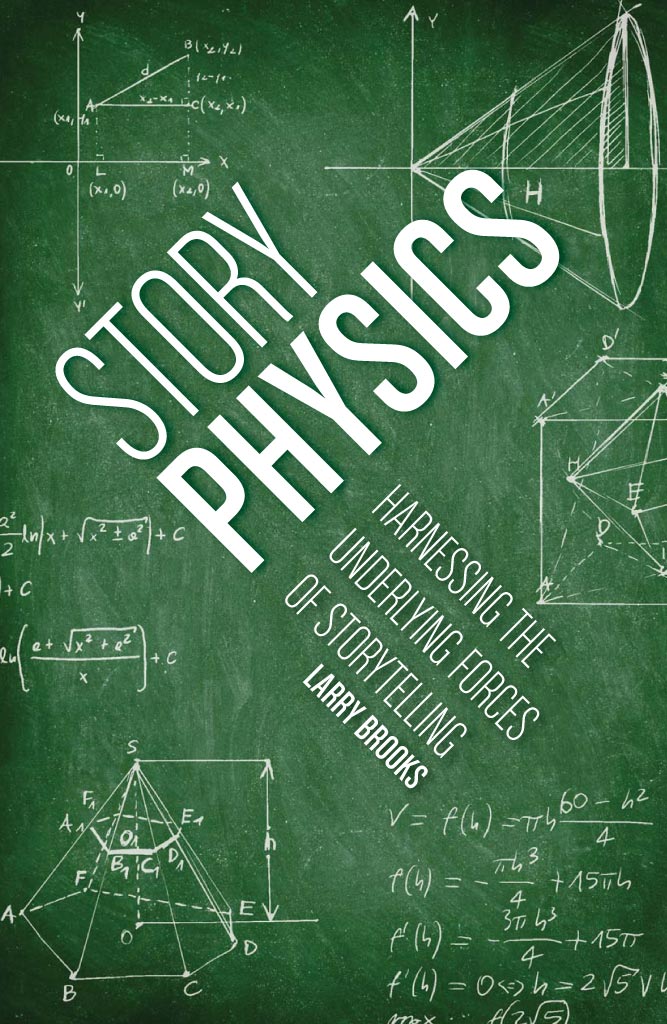



 PART ONE:
PART ONE: